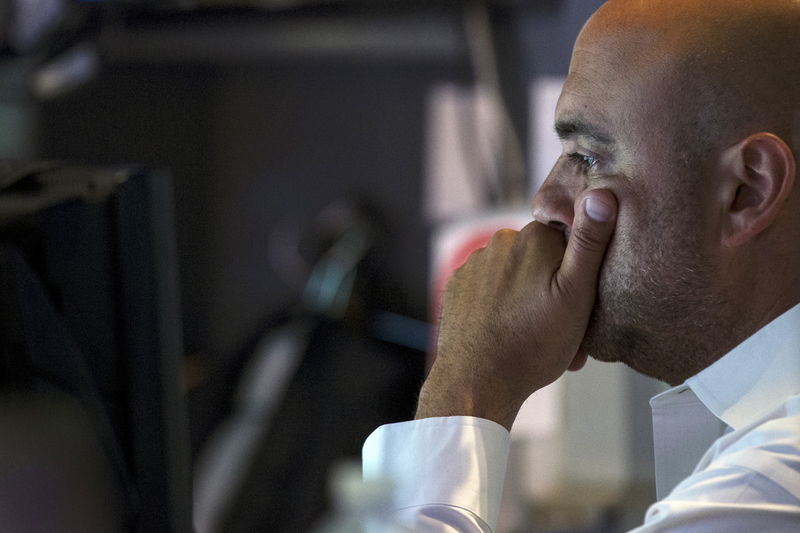Street Calls of the Week
“Cash is King” - a phrase that is still very common but has slowly but surely become untrue with the advancement in payment technology in the past few years. While cash still has its benefits, it has become easier to make a lot more payments faster and safer than ever before.
Compared to cash, with eWallets and cryptocurrencies, you do not need to wait in line for change at your favourite establishments; you can pay the exact amount and be on your way. Besides the convenience it affords the customer, businesses are beginning to see the world as a global market and have realized that prioritizing online sales is the next and crucial step in staying competitive.
As an example, Card Player Australia, a one-stop-for-all poker news company founded in 1988, prints 26 physical issues yearly but is among the first to break all poker news on its online platform and offer users access to online casinos because of its adoption of cryptocurrency and debit/credit cards for payments online. This shift is evident in all business phases but none more so than with payment and remittances, where the pendulum has swung in favour of digital payments, with fast food chains like KFC and McDonald’s making some of their outlets completely cash-free.
When you consider the above, coupled with the fact that about 33% of the world population shops online to create an e-commerce market that is expected to surpass $6.8 trillion in 2025, it shows how the reliance on cash continues to wane puts the decision of many Australian banks to lean towards cashless banking having shit down well over 200 branches and just under 1000 ATMs in the last financial year into perspective.
However, there’s no cause for alarm. You do not need to hurriedly trade in your cash for cryptocurrency or any other digital currency, as the Albanese government has recently introduced a cash mandate. This cash mandate binds businesses to accept cash for essentials like groceries and fuel, among other things. However, it is crucial to note that the extent to which this binds the business depends on its ability to handle cash, proximity to population centres, and the size of the business.
While more people are going cashless, “there is an ongoing place for cash in our society,” says Treasurer Jim Chalmers. Chalmers also says the government will begin to consult about the cash mandate before the end of 2025, more than enough time to fix any chinks before it is ready to be rolled out next year, after the elections.
This is because while the data shows that Australians are using a lot less cash, with the 2023/24 annual report by the Reserve Bank of Australia showing that it only issued 40% of the amount it typically issues, to the tune of $3.6 billion in bank notes, the bank notes still in circulation are historically high, amounting to $100.8 billion as of June last year. What this means is that while Australians are not spending cash, they are still holding on to it.
In Jason Bryce’s words, "Australians want cash and are voting for cash with their wallets and withdrawing more of their money from their accounts and walking around with it in their pockets.” He believes that this is more than enough evidence of the fact that while Cash is not King, it is far from phased out or dead.
All the evidence points to the fact that cash is here to stay, but is this only temporary? As digital payments continue to advance and proliferate all aspects of society, will cash stand strong and continue to change with the times, as it has always done, or is there a new sheriff in town? Time will have to tell.
